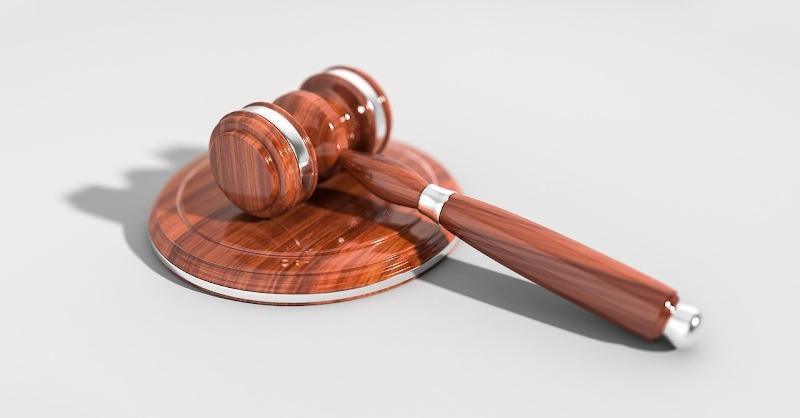DUI (Driving Under the Influence) is a criminal offense. Penalties can vary from one state to another. Still, all 50 states prohibit it. It includes drunk driving and driving while under the influence of other legal and illegal substances. Such reckless behavior seriously threatens the safety of everyone on the roads including drivers and workers. In this article, we’ll look at how DUI laws help reduce this threat.
The Legal Way
If you’re facing DUI charges, you could use a DUI Lawyer. Although a lawyer isn’t mandatory in such cases, counting on legal help can make a lot of difference. Fines for conviction can be harsh. A lawyer with solid expertise can build a case to help you out of the situation.
Since DUI is considered a criminal offense, any defense attorney qualifies for the case. Yet, you’d be better off with someone with long experience in similar cases. They’ll know the best defense strategies for your case, based on years defending against all sorts of DUI charges in court. There are a few things to consider before hiring a DUI lawyer.
Those with ten years or more of proven experience in court defending DUI cases should be preferred. Defense attorneys who have also been DUI prosecutors in other cases are typically better-prepared. Such attorneys have worked on both sides of the court, which can be a meaningful advantage for you. They can anticipate some of the moves from prosecutors, increasing your chances for a better outcome. It’s always better to choose attorneys that are dedicated exclusively to this type of cases.
Tragic Numbers
In 2021, traffic accidents involving alcohol cost the lives of 13,000 people in the United States. The information comes from the NHTSA (National Highway Transportation Safety Administration). Penalties go from fines to jail time, depending on the state and gravity of the offense.
The statistics are even more alarming if we consider that accidents caused by impaired drivers take the lives of 37 people every day. It means someone dies in such accidents every 39 minutes. Most tragic is the fact that all those accidents are easily avoidable. Worldwide numbers point to hundreds of thousands of deaths, plus millions of disabled victims.
DUI laws include not only drunk driving, but also using marijuana and other illegal substances and some prescription drugs. The application of more severe laws for such offenses has a direct impact on the reduction of related accidents. A study about accidents caused by impaired drivers in Korea shows a decrease of 14% after implementing stricter laws.
When to Call a DUI Lawyer
The national standard for alcohol intoxication is a BAC concentration of 0.8% or more. It’s advisable to look for a defense attorney right after being notified of the charge. Your license can be suspended, even before trial. If you’re driving with a suspended license, you may face even worse consequences.
Indeed, you should look for a defense attorney even if you think you’re guilty. An experienced attorney can protect you from eventual abuses. A defense attorney can also help you against flawed evidence that might be against you. If you go to court without legal representation, you’re taking a higher risk of being punished much more harshly.
Possible Consequences
Once you’ve been charged with DUI, there are a few possible punishments and educational measures that can be applied to you. Your license can be suspended for six months if it’s your first offense. If it’s a recurrent case, your license can be suspended for more than two years.
In case of drunk driving, courts can refer you for alcohol treatment; the same goes for marijuana and illegal substances. In some states, it’s mandatory to take classes in alcohol education. The court can also decide to install an IID (ignition interlock device) in your vehicle. This device only allows you to start the engine after testing your BrAC (breath alcohol content).
The cost of fines may vary between first and repeated offenders. It’s also affected by the gravity of the accident. First offenders rarely go to jail unless the accident resulted in the death or severe injury of victims. You may also face administrative hearings in some states. It can be in addition to a criminal trial, or in some cases, replace it.
Know the Limits
The legal limit of blood alcohol content (BAC) varies per state. In 49 of the 50 states, the BAC is .08%. Only in Utah, it sits at .05%. Some states have also set the legal limits differently for certain drivers, such as teens and commercial drivers, to .02% BAC. Anything above the set limits is considered DUI. Your BAC speaks for you, and commonly, no further information is needed by law enforcement to take legal action against you.
Prevention is Always the Best
There’s a straightforward way of avoiding DUI charges. Just don’t drink or use anything before driving. This simple step prevents much more than a headache in court. Driving sober is the best thing you can do for the safety of yourself, drivers, pedestrians, workers, and everyone in your vehicle.
